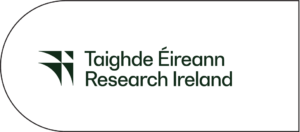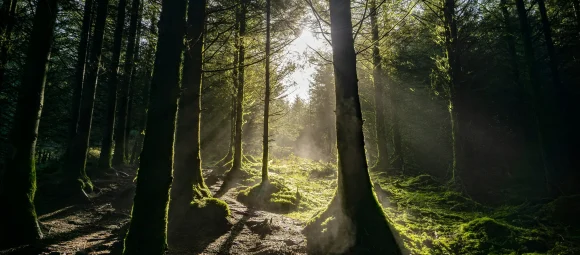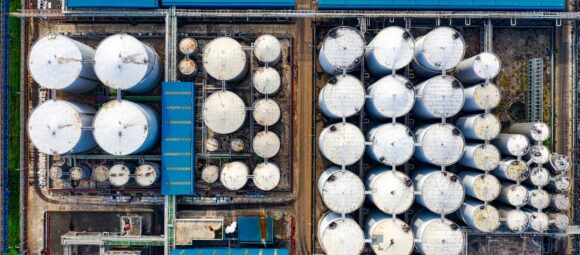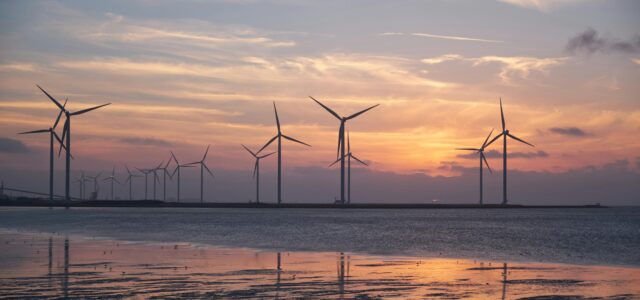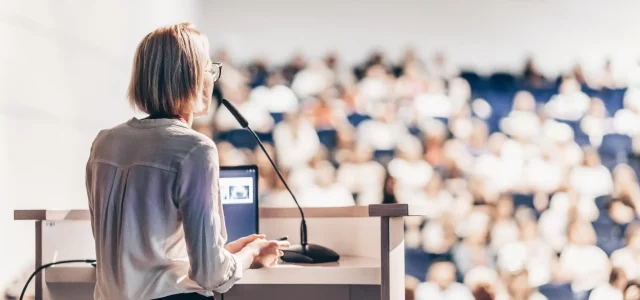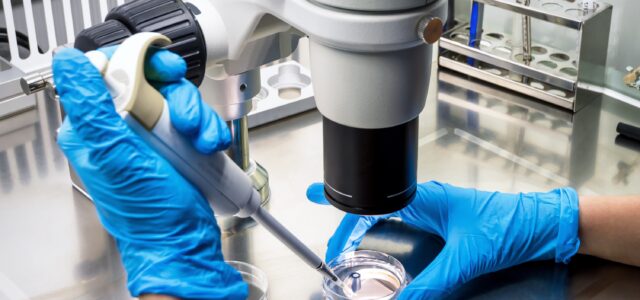Research
At BiOrbic, we want to create knowledge and real-world solutions that drive the transition to a sustainable circular bioeconomy through interdisciplinary research excellence, collaboration, and innovation.
research overview
Research Areas and Key Topics
We are working to transition to an Ireland which has healthy ecosystems; carbon neutral operational systems in agriculture, marine, and forestry; is 100% circular; and is powered by clean, renewable energy. We aim to fulfill these goals through our research projects which you can read more about below. More about our objectives here.
research pillars
Five Pillars of Bioeconomy Research
Our research is organized across five interconnected pillars, each addressing critical challenges in the transition to a sustainable bioeconomy.
1
Ensuring our natural ecosystems are healthy and strong so we can rely on them for generations to come.
2
Harnessing the resources of our natural environment to create new products and sustainable system.
3
Finding ways that we can both reduce, repurpose and valorise waste.
4
Looking at the bigger picture and developing efficient and supportive systems, developing a truly circular system.
5
Cross-cutting initiatives that address policy, public engagement, and sustainability assessments.
Strategic objectives
Our Research Goals
BiOrbic’s research is guided by clear, measurable objectives that deliver on a range of ambitious national and EU targets to protect natural ecosystems and reduce GHG emissions, biodiversity loss, and soil, water and air pollution.
Nature & Resilience
Aligned with Healthy Ecosystems & Climate Neutral Operational Systems
1
Increase resilience of the bioeconomy through supporting the restoration of nature
10% of farm are dedicated to high quality habitats (Nature restoration plan EU)
Protecting 30% of EU land and 30% of EU sea area (Nature restoration plan EU)
At BiOrbic, we are driven by the need to restore balance between human activity and the natural world.
Agriculture, forestry, and marine systems, amplified by fossil-based resources, have pushed Earth’s ecosystems beyond their limits, leading to climate change, biodiversity loss, and pollution. Our aim is to create knowledge and real-world solutions that drive the transition to a
sustainable, circular bioeconomy through interdisciplinary research excellence, collaboration, and innovation. We focus on developing nature-aligned, low-emission systems that protect biodiversity, reduce greenhouse gases and pollutants, and keep production and
consumption within planetary boundaries. By supporting national and EU environmental goals, BiOrbic strives to deliver a climate-neutral, nature-positive future – ensuring healthy ecosystems, resilient communities, and sustainable development for generations to come.
Want to Partner or Learn More?
Get in touch to see how your business or community can participate in Ireland’s most dynamic sustainability-focused research ecosystem.

